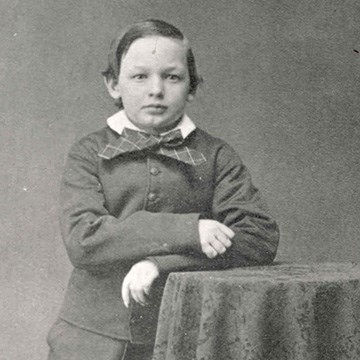U.S. Colored Troops Formed 160 Years Ago
- John O’Brien

- Apr 29, 2023
- 2 min read
By John A. O'Brien
Denver, Colorado
Saturday, April 29, 2023
“Will he, or wouldn’t he?” That was the question on the minds of all Americans waiting for Lincoln to sign the heralded Emancipation Proclamation on January 1, 1863. When the Proclamation went out, there was yet one more surprise. The president had added a new clause to his draft. He authorized accepting soldiers of African descent into the U.S. Army. There were several weeks of frantic recruiting and organizing as Black men across the north rushed forward to serve.

But there was no defined method for accepting or designating these new Colored regiments. State governors wanted to deduct Black recruits from their volunteer quotas while retaining the patronage opportunities for naming White officers. Secretary of War Edwin Stanton forced his own organization by creating the Bureau for Colored Troops within his department on May 22, 1863. All recruiting and organizing of Colored Troops
would be centralized under the federal government. Uniform standards for training and naming qualified officers helped ensure that the new units could be quickly placed into service. To the soldiers themselves, it was now clear that they were not fighting for any individual state, but for the United States of America.
One of the many fascinating stories in the creation of this new Union fighting force took place in the District of Columbia. The First District Colored Volunteers came together as a defense force for the capital. By virtue of its proximity to the War Department, special efforts were made to speed the regiment's organization. The unit was mustered into service on June 1, and was honored with the designation as the 1st U.S. Colored Infantry Regiment.
The next issue of The Lincolnian with be out soon. It will include a story about the Black regiments that were quietly organized by local commanders to meet local theatre needs, and in anticipation of Lincoln’s authorization. When the decision was finally made, the U.S. Colored Troops, “Uncle Sam’s Sable Arm,” provided the decisive force needed to end the war and preserve the United States.
Read more about this subject in The Lincolnian, the quarterly publicaton of the Lincoln Group., The upcoming edition also will include pieces about a rather unexpected fan of Lincoln; Lincoln, Grant and The Wilderness; the history of our Study Forum; an Indiana museum exhibit on "The Pursuit of Black Freedom; book reviews by David J. Kent; updates on our future activities; and members' honors and achievements. The Lincolnian is a benefit for members of the Lincoln Group. Interested in joining us? You can do so by hitting the “Join now” button on this website.
Illustration: Detail of a model of the 54th Massachusetts Regiment Memorial (author photo).




Comments